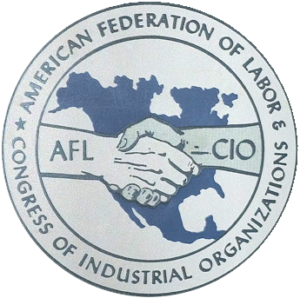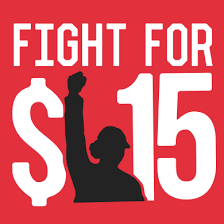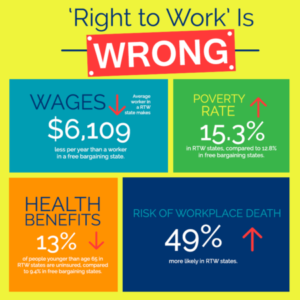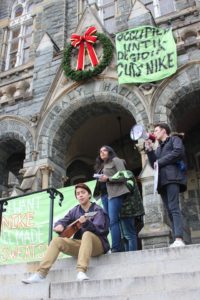Family Stability, Part III
The Working Catholic by Bill Droel and John Erb
In this and previous installments on this blog site we attempt to put a small frame around the expansive topic of family stability. We now come to a controversial juncture.
The Lifestyle Variable
Income parallels family stability. Family stability parallels lifestyles–some lifestyles are conducive to family stability, others less so. It is important, however, to repeat that the relationship among these three factors (money, lifestyle and stability) plus other factors is not an easy cause-and-effect. That is, we cannot say that because there is a strong association between a specific lifestyle and stability, a change in lifestyle automatically causes more stability or less stability.
Further, we recognize that people do not wake up each morning and choose a lifestyle. It is like one’s spirituality. Despite what the self-help gurus imply, one’s spirituality is to a significant degree conditioned by one’s heritage, by the surrounding culture and by many experiences. A lifestyle too is in part an imitation or rejection of one’s parental example, an imitation or rejection of one’s cultural environment and a continuation of or break with one’s many experiences.
And finally—because this is controversial—this essay does not measure love; as if anyone can do so. All types of families cherish their members and love their children. Just as all types and income levels of families are capable of callousness; a parent in any income bracket can be distant from his or her children.
Family living arrangements or lifestyles can include a two-parent married family, two-parent non-married family, one-parent family with one partner for that parent, one-parent family with multiple partners for the parent and more. Upper economic class families, for the most part, are of the two-parent married type and, as this essay shows, those families are relatively stable over the years. The median income for one of these married-couple families, presuming each parent is employed at least part-time, is $104,000. Many families in the lower economic categories are likely to be two-parent non-married families or one-parent families. These families have greater degree and duration of instability.
Interestingly, the education gap is a mirror image of this family stability index. In excess of 90% of college graduates use the institution of marriage and those families tend to be relatively stable. Those who lack a degree do not always marry. These families have higher instability.
The non-married type of lifestyle has been increasing. In fact, last year the majority of living arrangements in the United States were between unmarried couples. Interestingly too, there is no longer a race gap when it comes to marriage. That is, white families now have a percentage of non-married or single heads of the household that approximates the percentage among black families.
And as our chart to follow will show, a clear majority of Americans are economically stressed.
A Political Variable; Maybe Not
Pundits incessantly speak and write about a polarized citizenry. Our chart provides strong basis for a proposition that the polarization is not so much driven by political philosophies, as it is by economic insecurity. The number of Americans who are economically stressed continues to grow. Outsider political candidates will continue to appeal to the economically stressed. Yet, so-called Beltway insiders and many pundits dismiss these outsider challengers. That is because they are not really in touch with the financial realities facing a majority of Americans.
To repeat once more: Our chart (in the next installment of this series) shows that economic stress visits the majority of families—almost constantly for some.
Stay in touch through INITIATIVES (PO Box 291102, Chicago, IL 60629), a print newsletter on faith and work.






